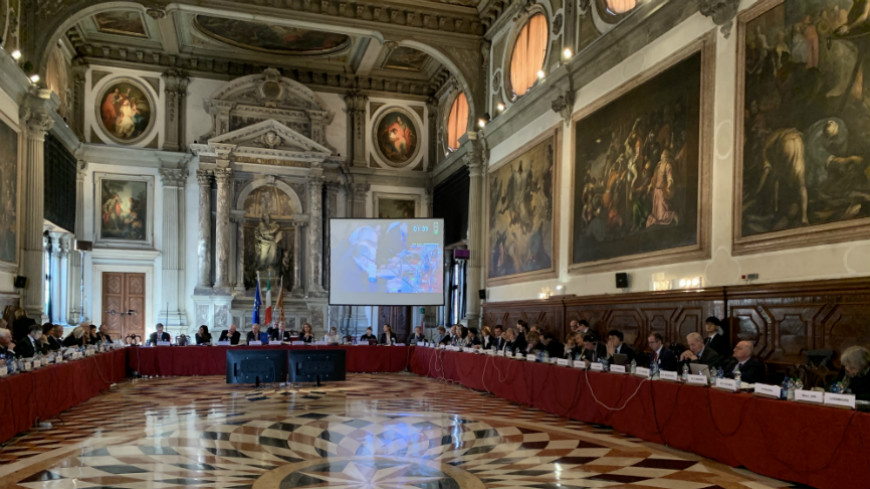The European Commission for Democracy through Law (Venice Commission) and the OSCE Office for Democratic institutions and Human Rights (ODIHR) issued a joint opinion about the adoption of the amendments to Albania’s Constitution of 30 July 2020 and to the country’s Electoral Code of 5 October 2020.
The opinion, prepared under the Expertise Co-ordination Mechanism (ECM), which is a part of the joint European Union/Council of Europe programme "Horizontal Facility for the Western Balkans and Turkey 2019-2022“, expresses concern about the hasty adoption of the amendments to Albania’s Constitution of 30 July 2020 and to the country’s Electoral Code of 5 October 2020, as well as the lack of wide consultations providing adequate timeframe among political stakeholders and non-governmental organisations (NGOs).
The opinion, requested by Albanian President Ilir Meta and prepared after extensive online consultations with a wide range of political figures and NGOs, is solely focused on the conformity of the amendments with international standards and, thus, should not be considered as a comprehensive review of the country’s electoral framework. The Venice Commission and ODIHR stand ready to assist the Albanian authorities, especially to facilitate implementation of the revised Electoral Code.
In its opinion, the Venice Commission and ODIHR urge the Albanian political forces to ensure the "normal democratic functioning of the institutions" and once again stress the need for restoring the work of the Constitutional Court.
The opinion was prepared under the Expertise Co-ordination Mechanism in the framework of the European Union/Council of Europe joint programme “Horizontal Facility for the Western Balkans and Turkey 2019-2022”, implemented by the Council of Europe.


